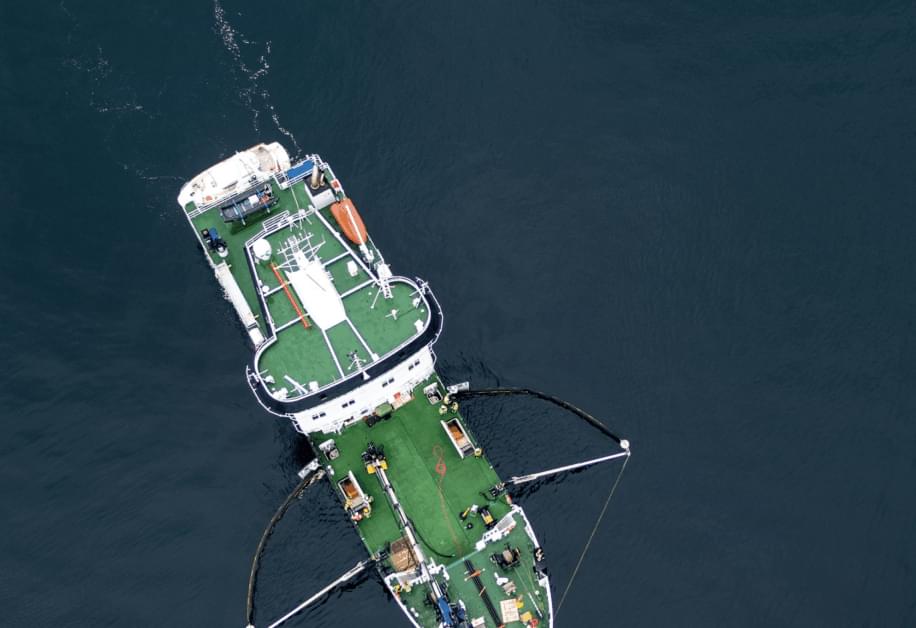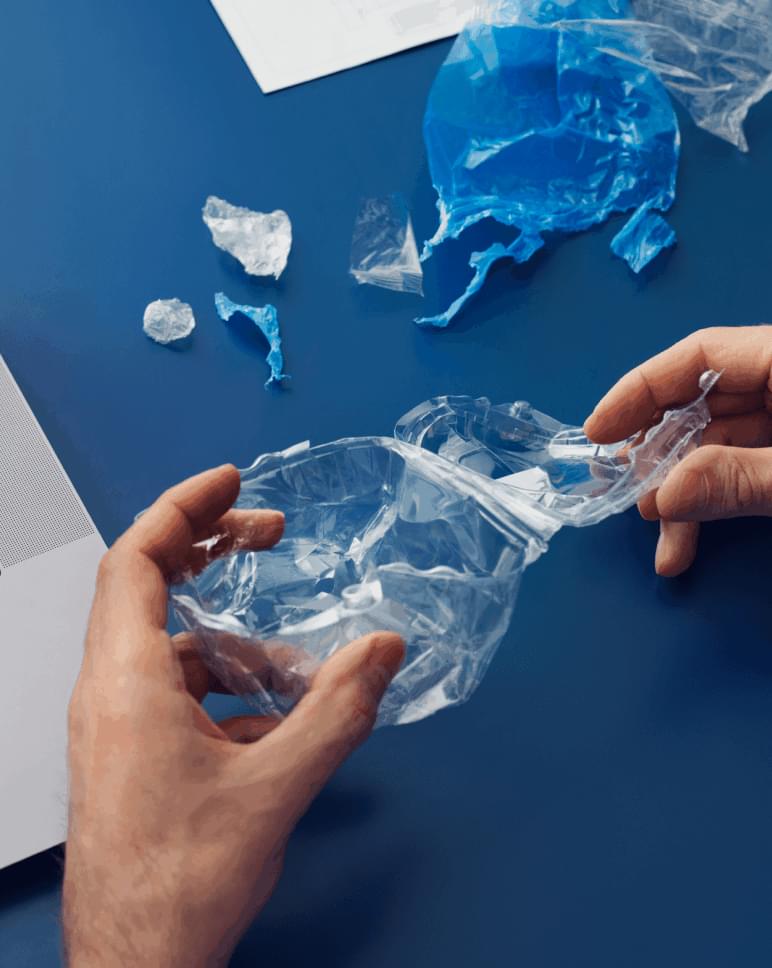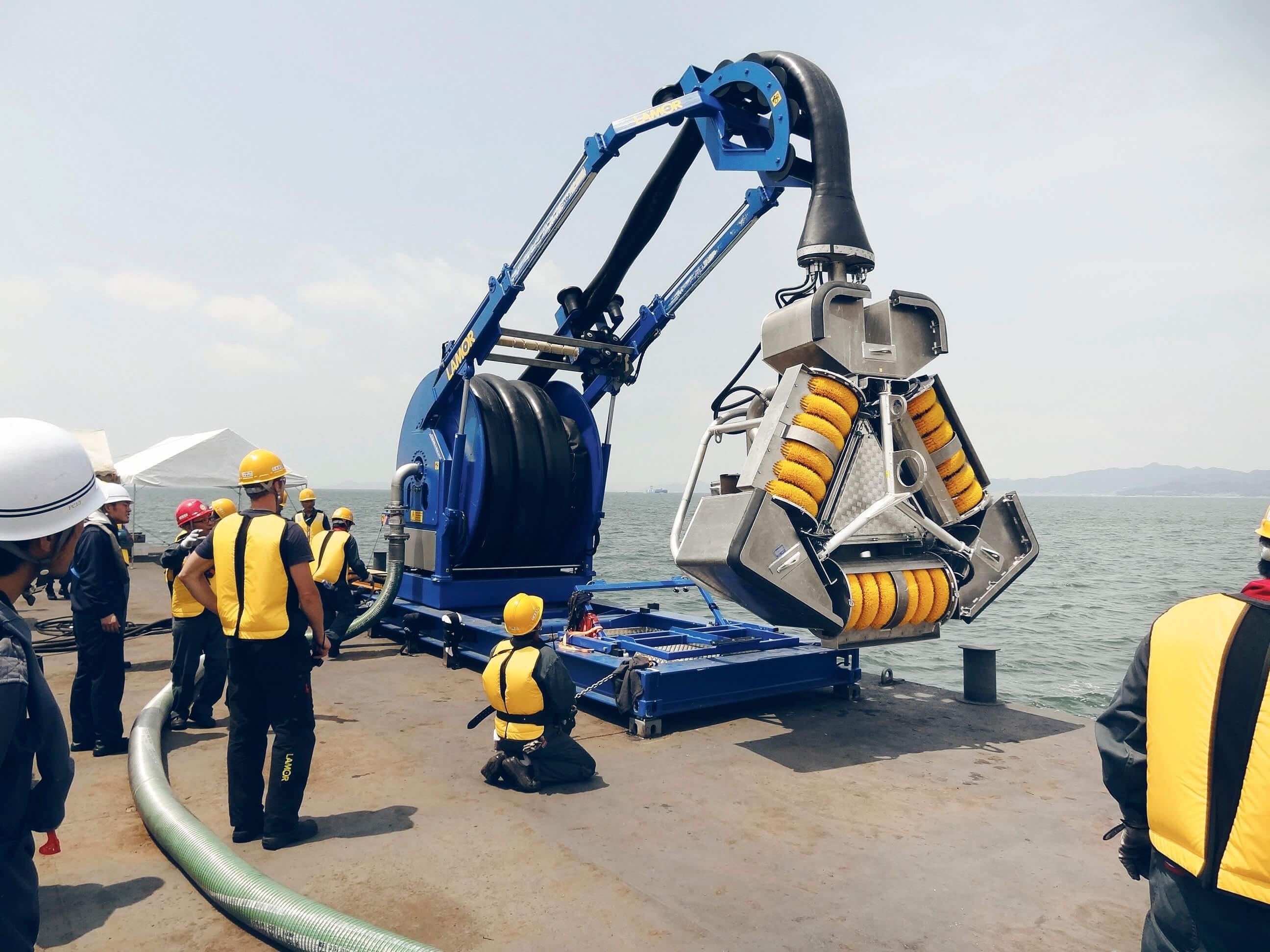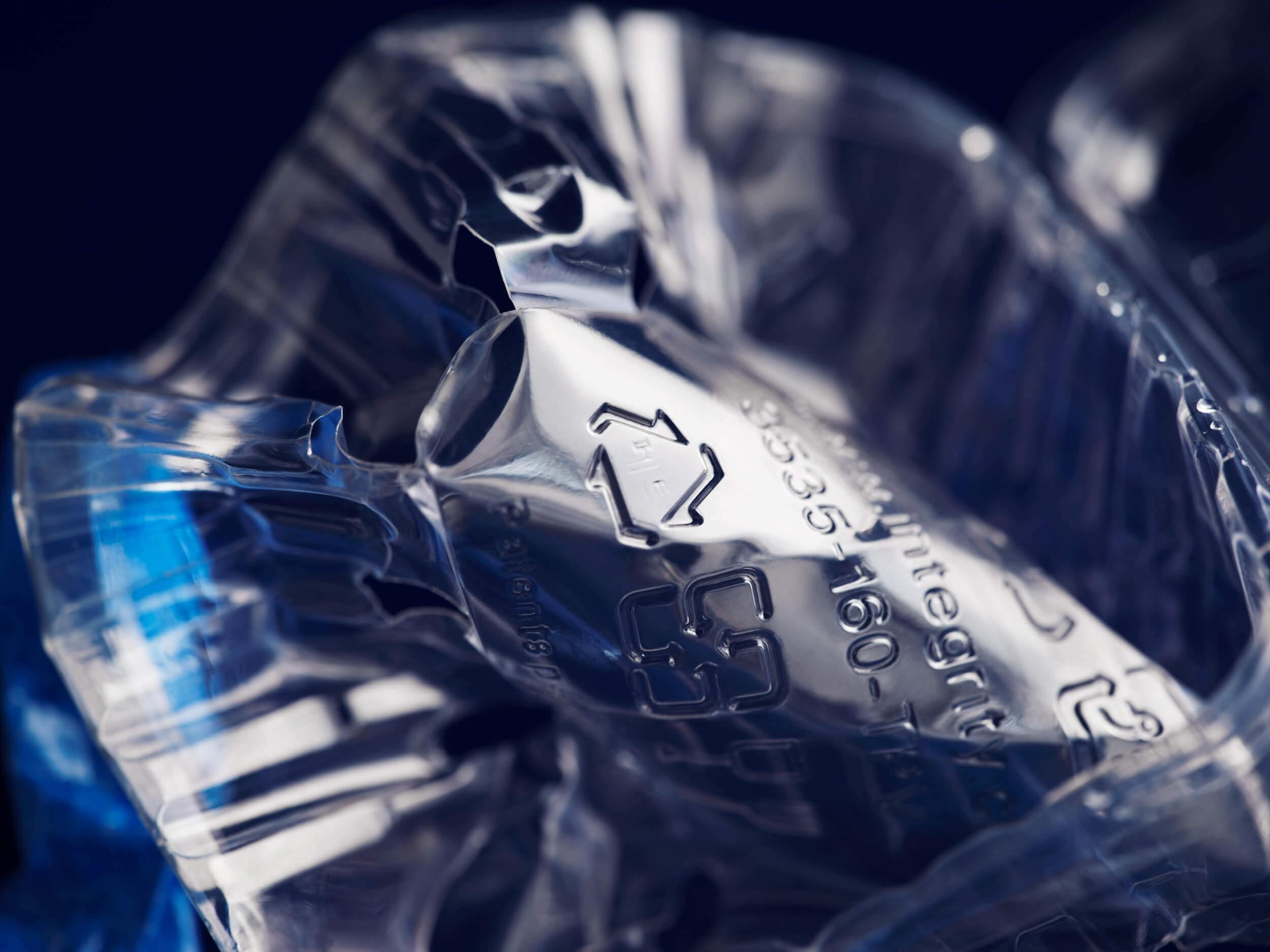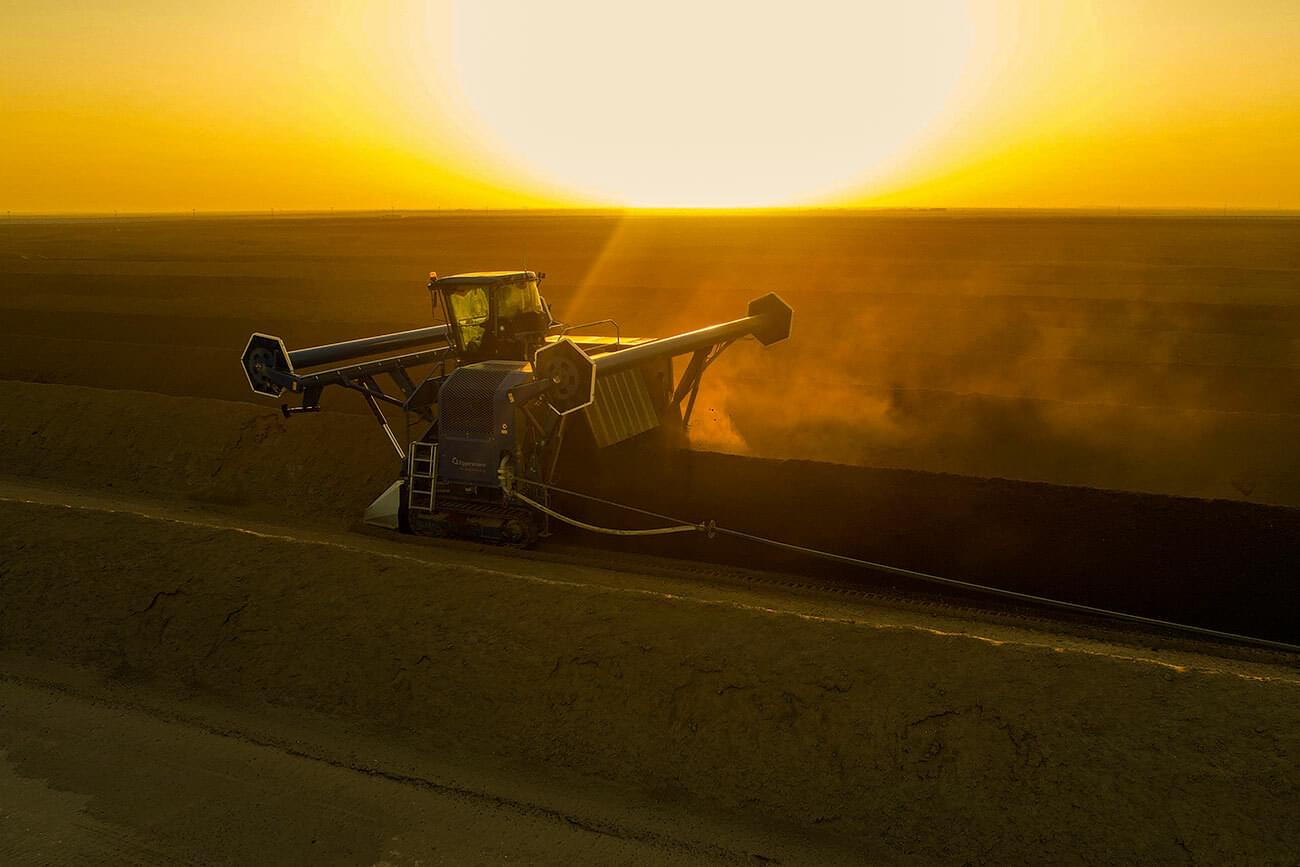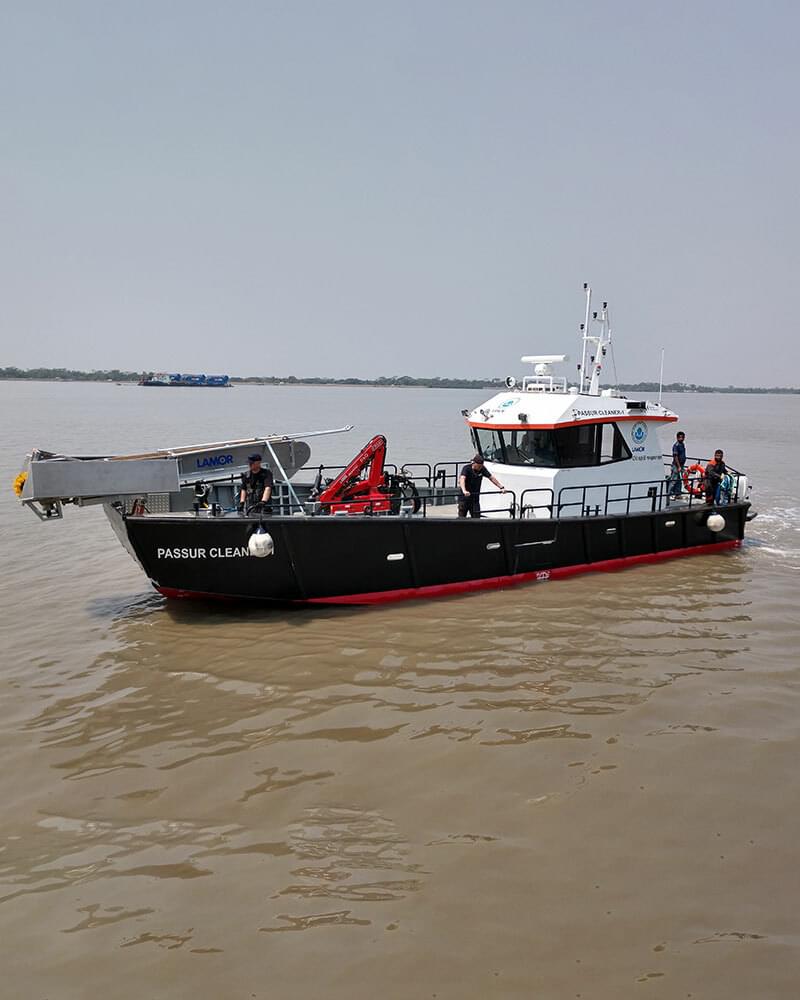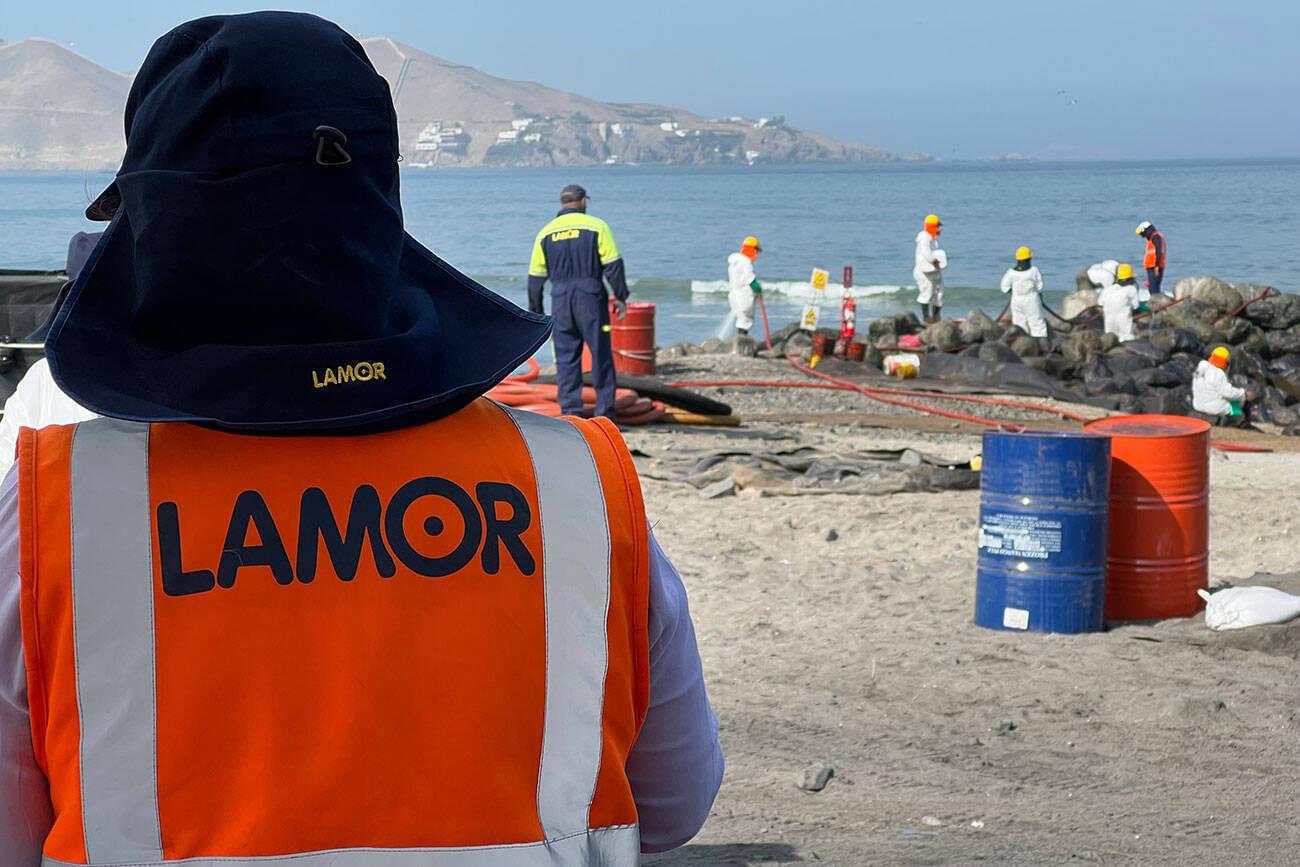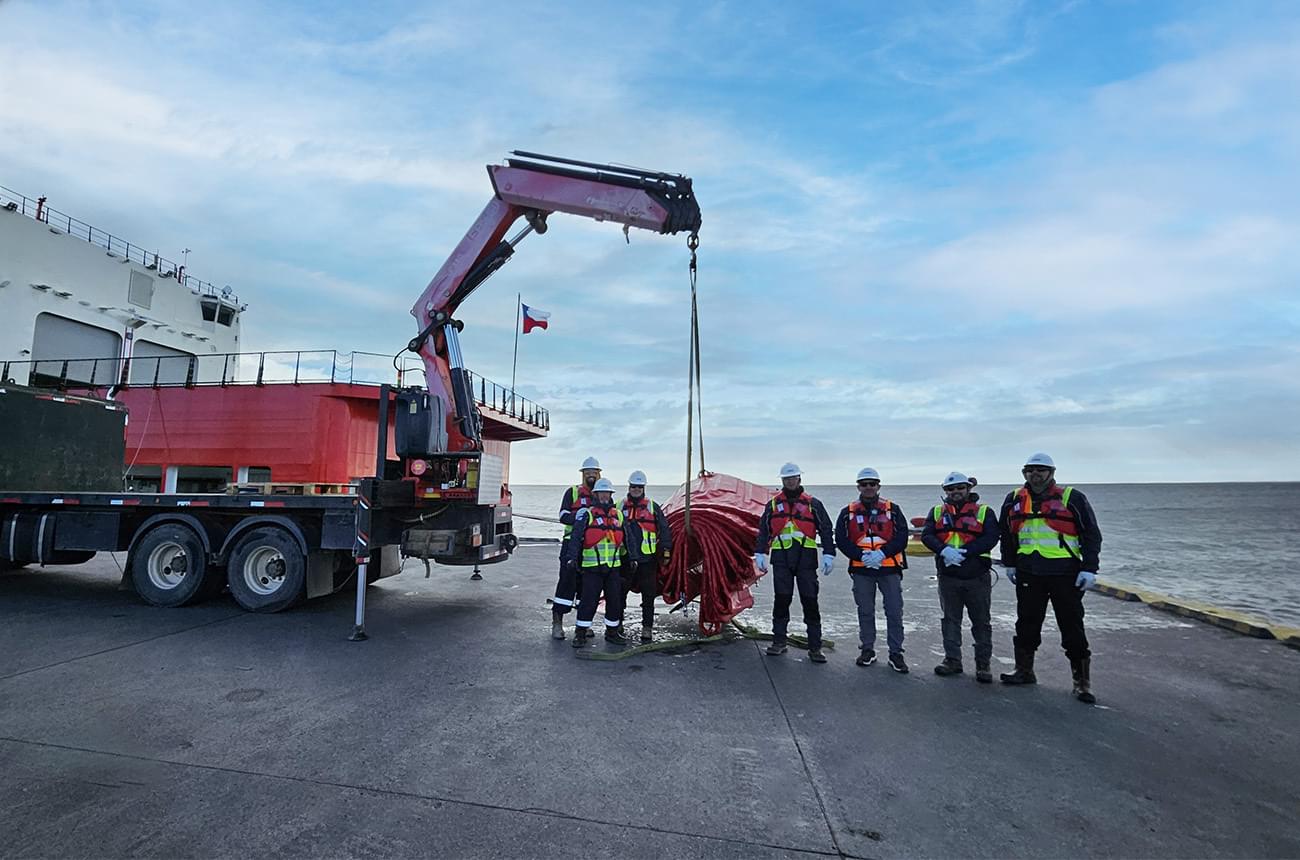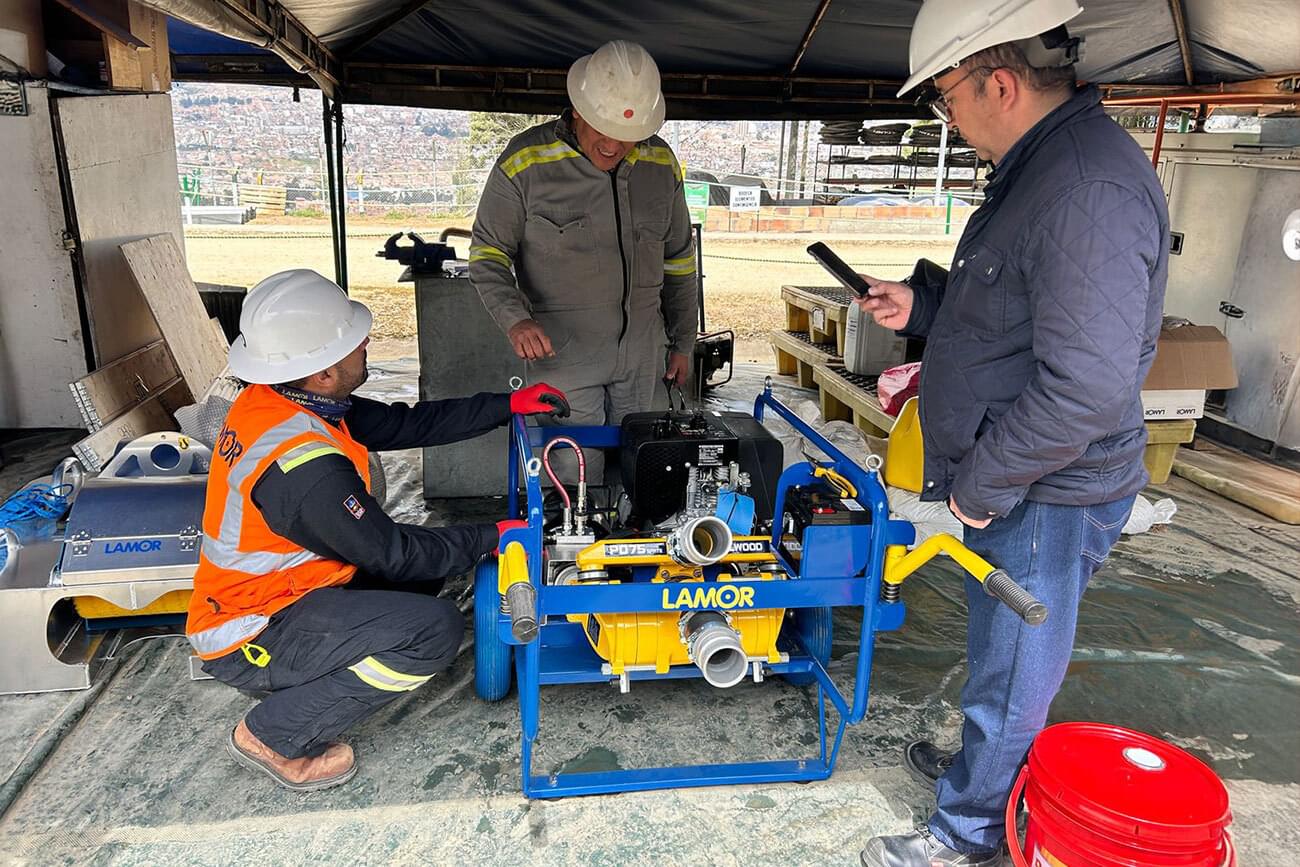Lamor develops recovery systems for low and ultra-low sulphur fuel oils in oil spill response
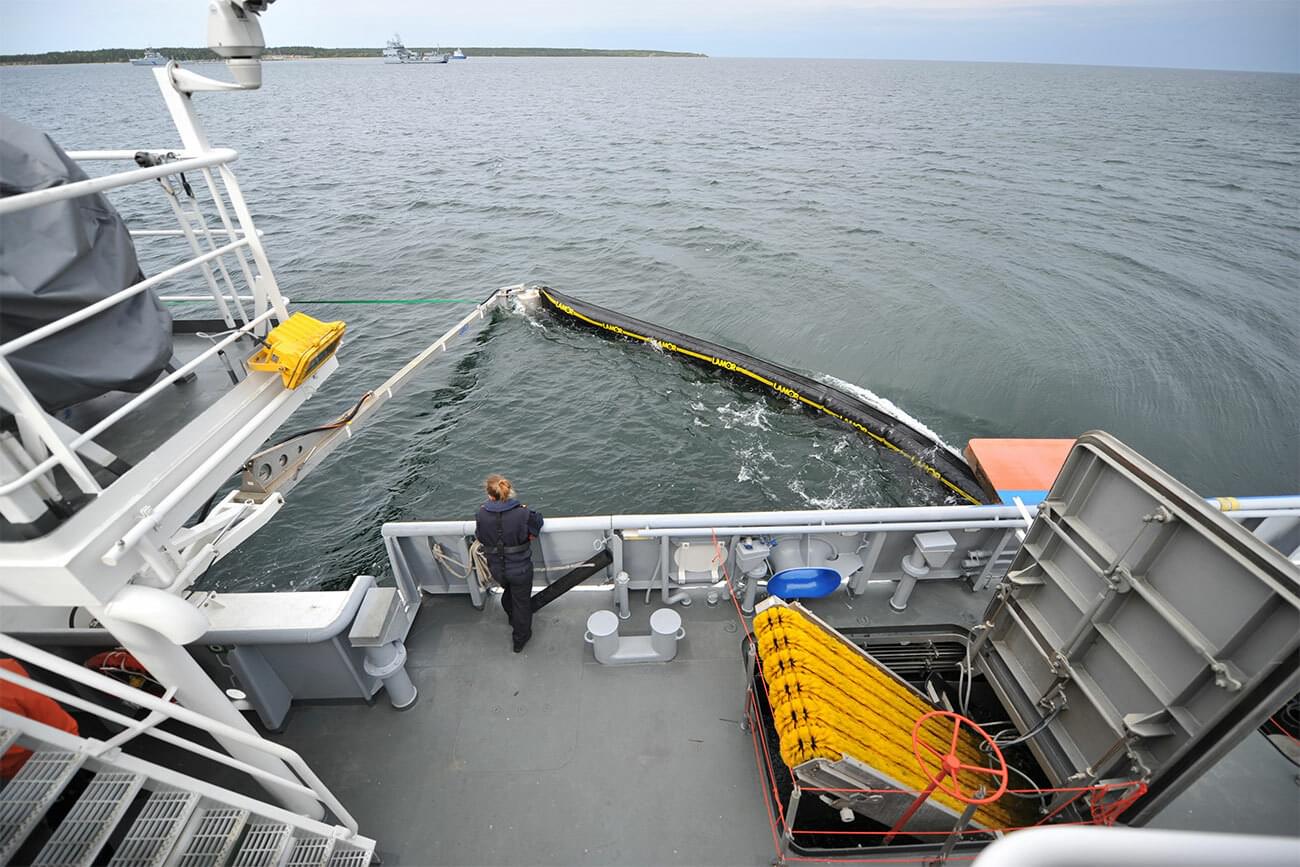
Lamor has developed new recovery systems to address the challenges posed by low and ultra-low sulphur marine fuels in oil spill response efforts. With the increased use of these fuels to reduce emissions, Lamor's innovative solutions offer an effective approach to combating spills and recovering oil.
Challenge
As a result of tightened regulations on marine emissions, the use of very-low and ultra-low sulphur marine fuels has increased. This is in order to cut down the sulphur oxides (SOx) part. For the emissions, this is good, but for the oil spill responder, this means new challenges.
Why is this? Some, not all, of the very-low and ultra-low sulphur marine fuel oils have a relatively high wax/paraffin content, making the oil behave very differently when spilled on top of the cool seawater. The oil becomes more like a layer of grease or semisolid butter or could even be compared with a thin layer of ice. With “traditional” fuel oils and oils in general, an oil layer on top of cool seawater becomes more viscous with degrading temperature but still remains liquid and “elastic.” With most oil recovery devices, when recovering spilled oil, you can drag the oil into the skimmer once you get hold of it. Like a floating layer of syrup on water that you can pull into the recovery unit.
But this does not work as well in the very-low and ultra-low sulphur oil with high wax/paraffine content. Once you get hold of the oil, you can recover the first part, but then the rest of the layer may simply crack off and remain. If the recovery device is pushed into the oil layer, you can recover some oil until you most likely lose the grip of the remaining layer again. This makes a recovery much slower and, for some devices, impossible. This has been noted by entities like Cedre (France), and the Norwegian Coastal Administration (Norway) who has under IMAROS project studied the behaviour of very-low and ultra-low sulphur and how to recover them.
Solution
The challenge has been noted by entities like Cedre (France), and the Norwegian Coastal Administration (Norway) who has under IMAROS project studied the behaviour of very-low and ultra-low sulphur and how to recover them.
Hence, this requires a new approach in terms of oil spill recovery combatting tactics and procedures but also in terms of a new type of recovery devices, especially for stationary recovery devices. Lamor has taken up on this challenge and is developing solutions that suit the problem. Several ideas and thoughts have been identified. However, Lamor already offers working solutions on the advancing type of recovery systems for the recovery of oils with high wax/paraffin. These would be systems like vessel Advancing In-Built Oil Recovery System (LORS), Lamor Side Collectors Systems (LSC), and Oil recovery Bucket (LRB), which all have already been successfully used in spills with high wax/paraffin oil. The work continues to develop the solution to fit the purpose even better.
Lamor is actively working on addressing a new challenge in the industry and developing innovative solutions to address it. The increased use of very-low and ultra-low sulphur marine fuels in order to cut down on emissions has created new challenges for oil spill responders due to the high wax/paraffin content of some of these fuels, says Markus Nystedt, Technical Director of Lamor.
Impact
Lamor is actively working on addressing a new challenge in the industry and developing innovative solutions to address it. The increased use of very-low and ultra-low sulphur marine fuels in order to cut down on emissions has created new challenges for oil spill responders due to the high wax/paraffin content of some of these fuels.
For further testing of the stationary recovery systems, having access to suitable “challenging” oils in relatively small quantities has been a bottleneck and delayed the progress. Hence, if you have a cubic or two of low or ultra-low sulphuric fuel oil with high wax content, feel free to contact us. We hope to announce some more information about our achievements soon.
Stay in the know
Sign up for our newsletter to learn more about innovations enabling the survival of our dear planet.



